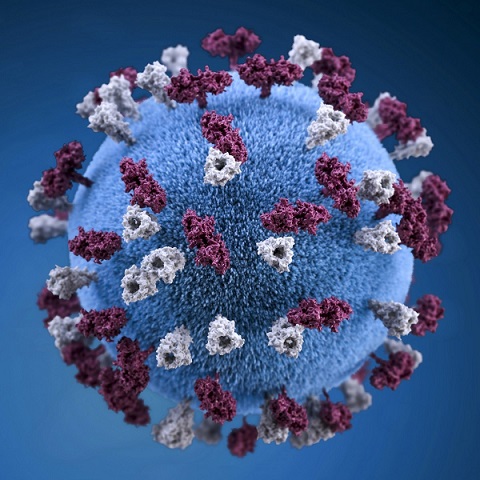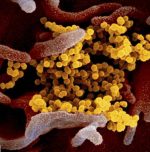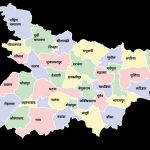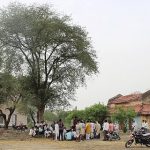WHO urges strengthened surveillance amid rising JN.1 Sub-variant cases

The World Health Organisation (WHO) has called on countries in South-East Asia to bolster their surveillance efforts. It came in the wake of the ongoing battle against respiratory diseases, including the latest challenge posed by the COVID-19 sub-variant JN.1.
As cases of respiratory illnesses, coupled with the influenza season, show an uptick, the WHO emphasizes the crucial need for vigilance and protective measures.
Dr Poonam Khetrapal Singh, the regional director for WHO South-East Asia, underlines the evolving nature of the COVID-19 virus and the emergence of the JN.1 sub-variant.
While current evidence indicates a low additional public health risk from JN.1, Dr Singh stresses the necessity for continuous monitoring and tailoring responses accordingly.
The WHO has officially classified JN.1 as a variant of interest due to its rapid global spread, with recent reports indicating its presence in multiple countries.
With the winter season approaching, there is anticipation that JN.1 might contribute to an increase in COVID-19 cases alongside a surge in other viral and bacterial infections.
Dr Khetrapal Singh urges individuals to adopt protective measures, especially during the holiday season, where gatherings and indoor activities could facilitate the transmission of respiratory viruses.
The importance of vaccination against COVID-19 and influenza takes centre stage in the WHO’s recommendations.
Dr Singh emphasizes that all WHO-approved COVID-19 vaccines remain effective against severe diseases and deaths, encompassing protection against the JN.1 variant.
Despite WHO’s earlier declaration in May that COVID-19 no longer constitutes a public health emergency of international concern, the organization emphasizes the need for sustained vigilance.
The global system to detect and assess risks posed by SARS-CoV2 has been significantly strengthened, yet testing and reporting of COVID-19 cases have seen a decrease.
As COVID-19 continues to circulate globally at elevated levels, Dr Khetrapal Singh calls for intensified efforts in surveillance, sequencing, and reporting.
The goal is to effectively manage respiratory diseases, safeguard public health, and ensure a swift response to emerging challenges.
The WHO’s advisory serves as a timely reminder that the fight against the pandemic requires ongoing vigilance and collaborative efforts on a global scale.
Image by Tmaximumge from Pxhere (Free for commercial use / CC0 Public Domain)
Image Reference: https://pxhere.com/en/photo/1608799










Leave a Reply